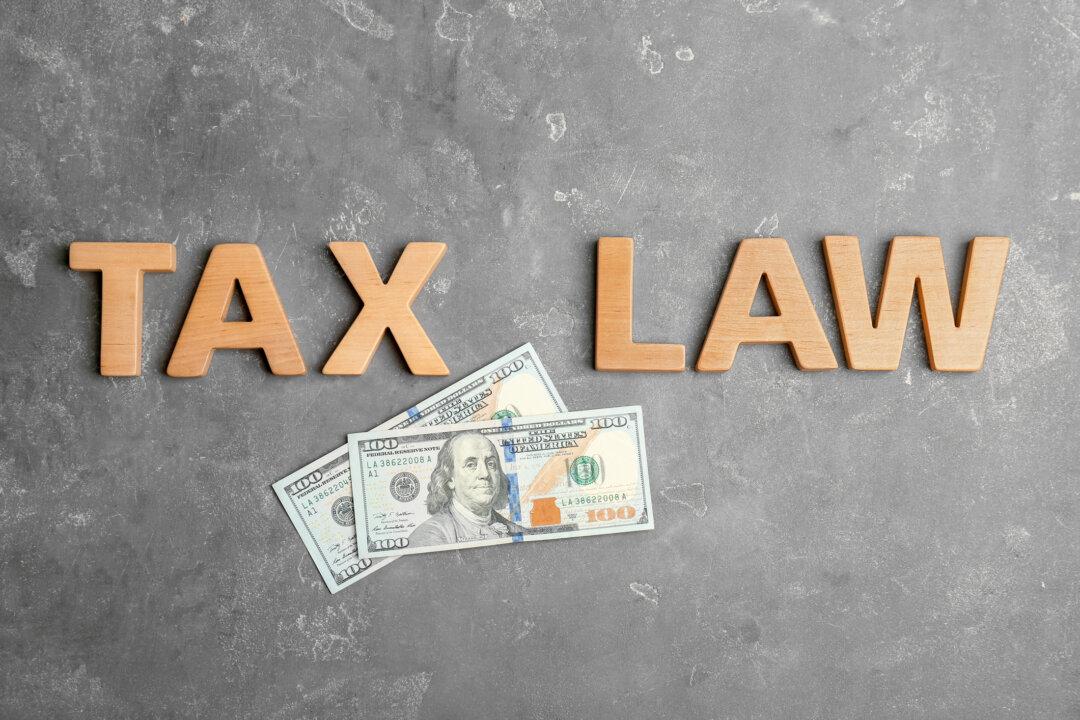By Sandra Block
From Kiplinger’s Personal Finance
While control of Congress received most of the attention during the November midterm elections, voters in more than a dozen states also voted on a smorgasbord of ballot initiatives that could affect your state tax bill.






